BY NOTHANDO DUBE
It is a demanding and strenuous business that requires greeting and smiling to all customers, but Hwange vegetable vendors say the trade has been rewarding for them even during Covid-19 induced restrictions.
Not only does the money help them to pay school fees, but it is also used to pay rentals, buy food, settle bills and even take care of their extended families.
This publication visited some popular stalls in Hwange’s Number 1 rank, which are dominated by youths and women who sell various products ranging from fresh fruits like apples and mangoes to green vegetables, brooms, seedings, herbs and many other lowly prized goods that fetch as little as $100.
Vendors like Busi Ncube, a 36-year- old single mother, say they have been able to send their children and siblings to school with proceeds from the business.
“I have been able to send my young sister to school. She is doing her A Levels now, and my son is in Form 3”, said Ncube with a smile.
She took over as her young sister’s guardian after the death of their parents and she is confident the two’s future is secure because of the income she gets from vending.
“I am a single parent,” Ncube added.
“The father left me when our child was one and a half year old and now, he is 15, but l am still able to send them to school through the business I am doing here.”
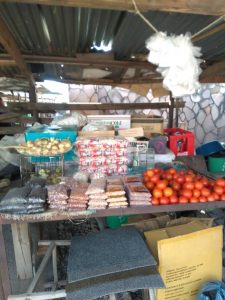
Some of the wares on sale at the market
Another proud vendor is Letwin Nyoni from Empumalanga, who said even though the business required her to spend almost the whole day being mobile, she was proud of her hustle as she recently enrolled her daughter at a local university.
“I am over 50 now, but my husband died when she was only five years old,” Nyoni said.
“I took it upon myself that l was going to fulfil his wish to see her graduate, and right now she will be starting at the Zimbabwe Open University when schools re-open.
“I make a profit of about US$5 on a good day and when you bank it, at the end of the month you realise that it can feed the family and I am proud of what I have achieved since his death.”
However, for the two women and other vendors, Covid-19 has not spared their business.
“Covid- 19 disrupted our business, we have not been doing well,” Ncube said.
“During the strict lockdowns in 2020 and 2021 it was hard because we had to use runners to get our orders from Bulawayo and it was very expensive.
“The curfews also made it difficult for us to sell perishables as we could not be on the stalls long enough.”
However, not all vendors in Hwange who are enjoying brisk business.
Nelia Phiri (50) *, who is a widow, said she was struggling to put food on the table for her family.
” My husband passed away in 2007 and things have been very hard,” Phiri said.
” Sometimes I carry my stuff and walk around in the Number 2 village compounds, selling door to door but is far from the rank and I do not make much from the business.”
At her stand, she sells vegetables, fruits and mealies where she makes about $10 profit a day.
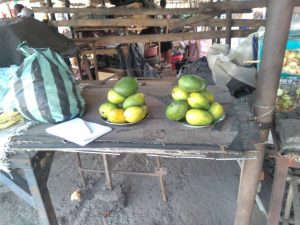
A typical Hwange vendor’s stall
Maureen Ngwenya*, another widow who sells recyclable plastic, said she was hardly making money from the business.
” We collect cans, plastic and any other recyclable material and buyers come from Bulawayo. but the profits do not equal the labour of moving from street to street picking the material,” Ngwenya said.
”Sometimes people may think you are not normal, but we will be trying to make a living.
“There is really nothing to show for it for some of us.
Zimbabwe’s informal sector has been crying out for government support since lockdowns to slow down the spread of Covid-19 were first introduced in 2020.
Experts say the lockdowns have exacerbated Zimbabwe economic crisis and plunged millions of citizens into poverty.
*Not their real names
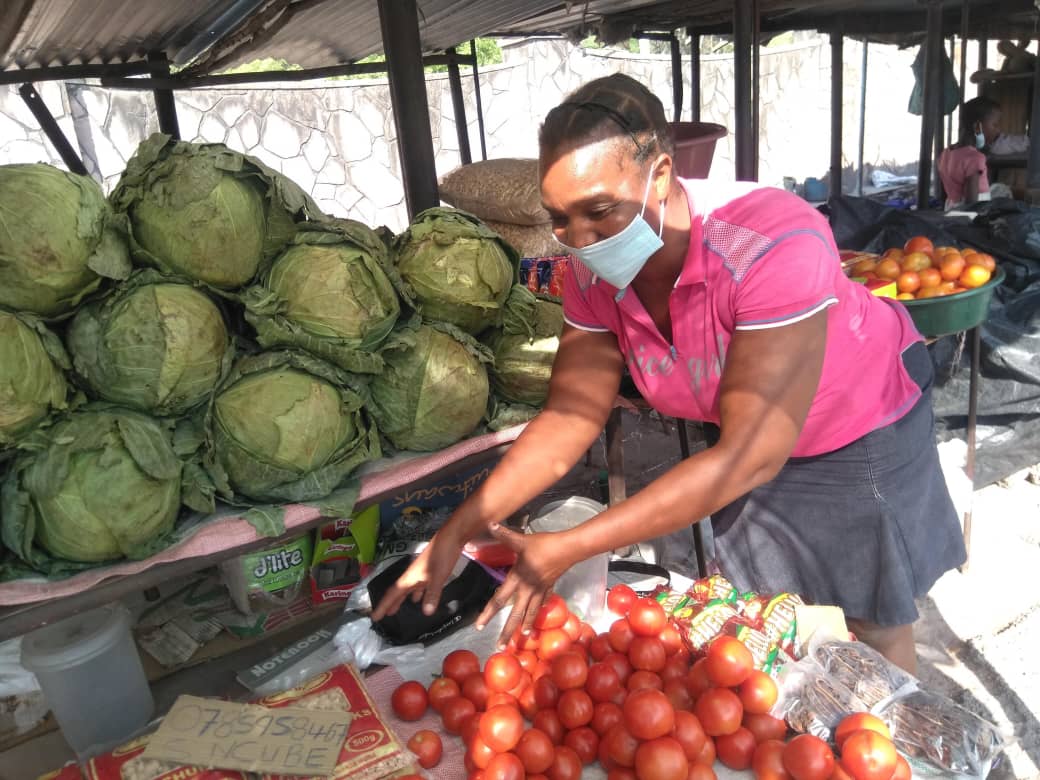

 Slider1 year ago
Slider1 year ago
 News1 year ago
News1 year ago
 Tourism and Environment2 years ago
Tourism and Environment2 years ago
 News3 years ago
News3 years ago
 News2 years ago
News2 years ago
 News2 years ago
News2 years ago
 News1 year ago
News1 year ago
 News1 year ago
News1 year ago


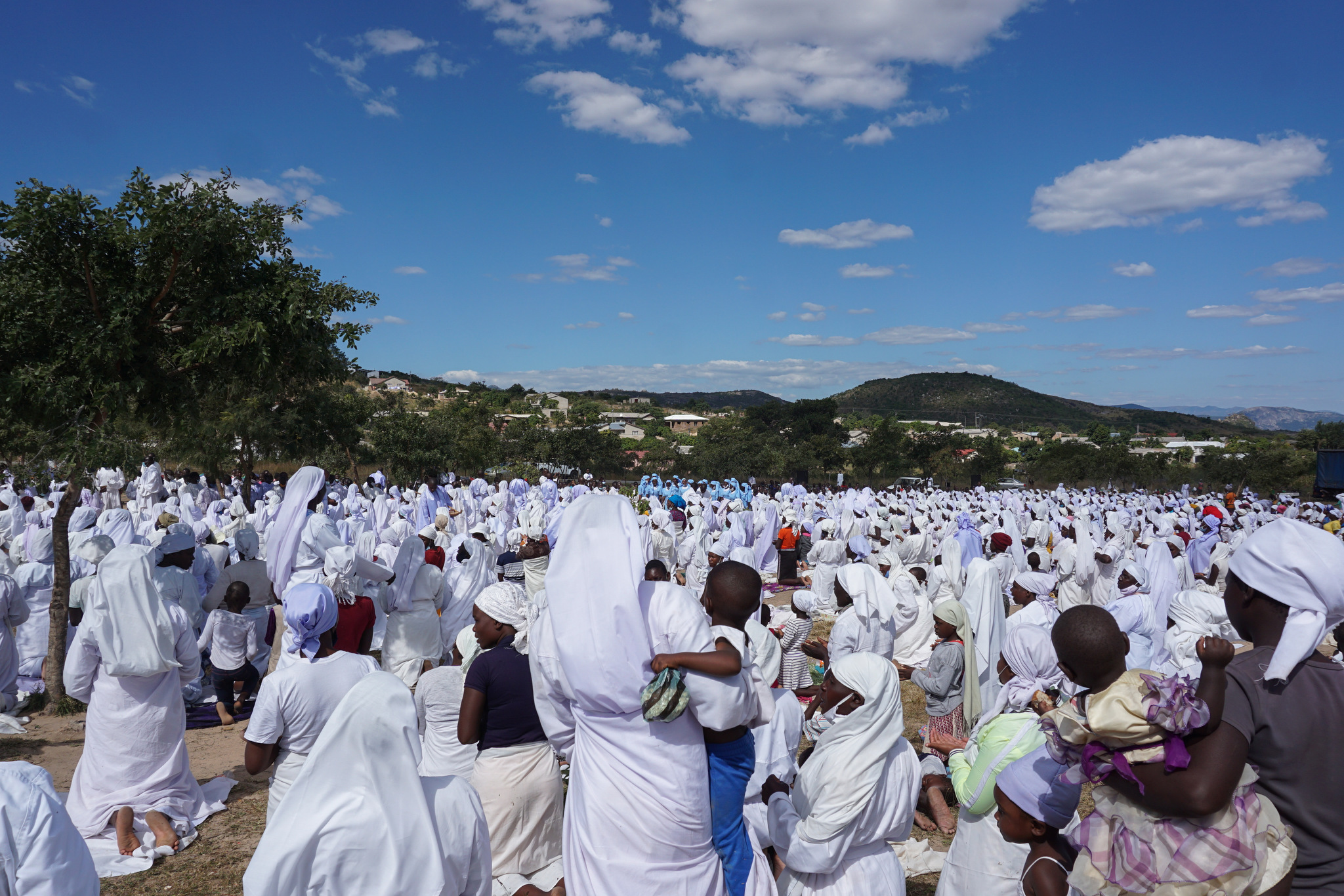
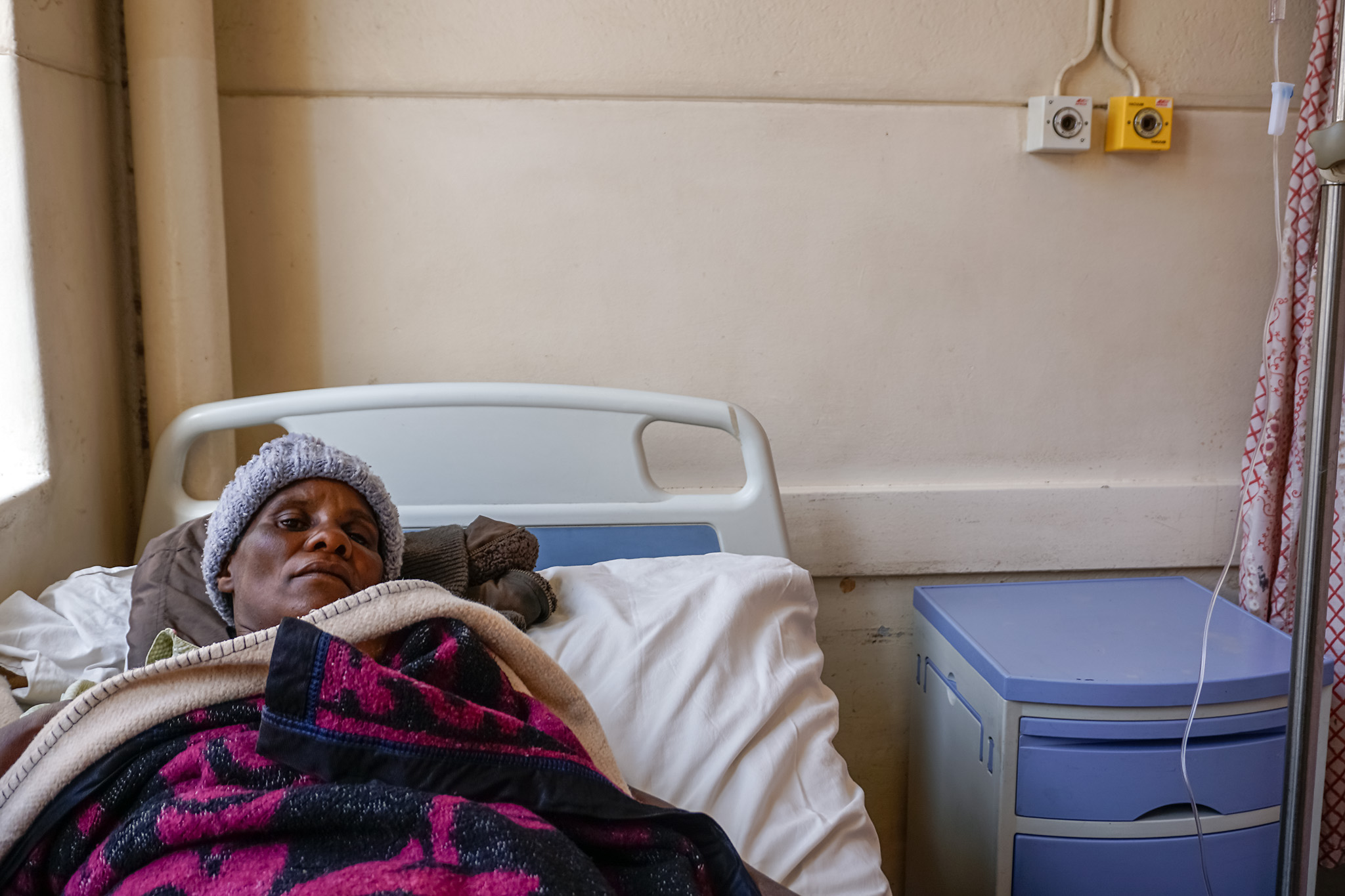
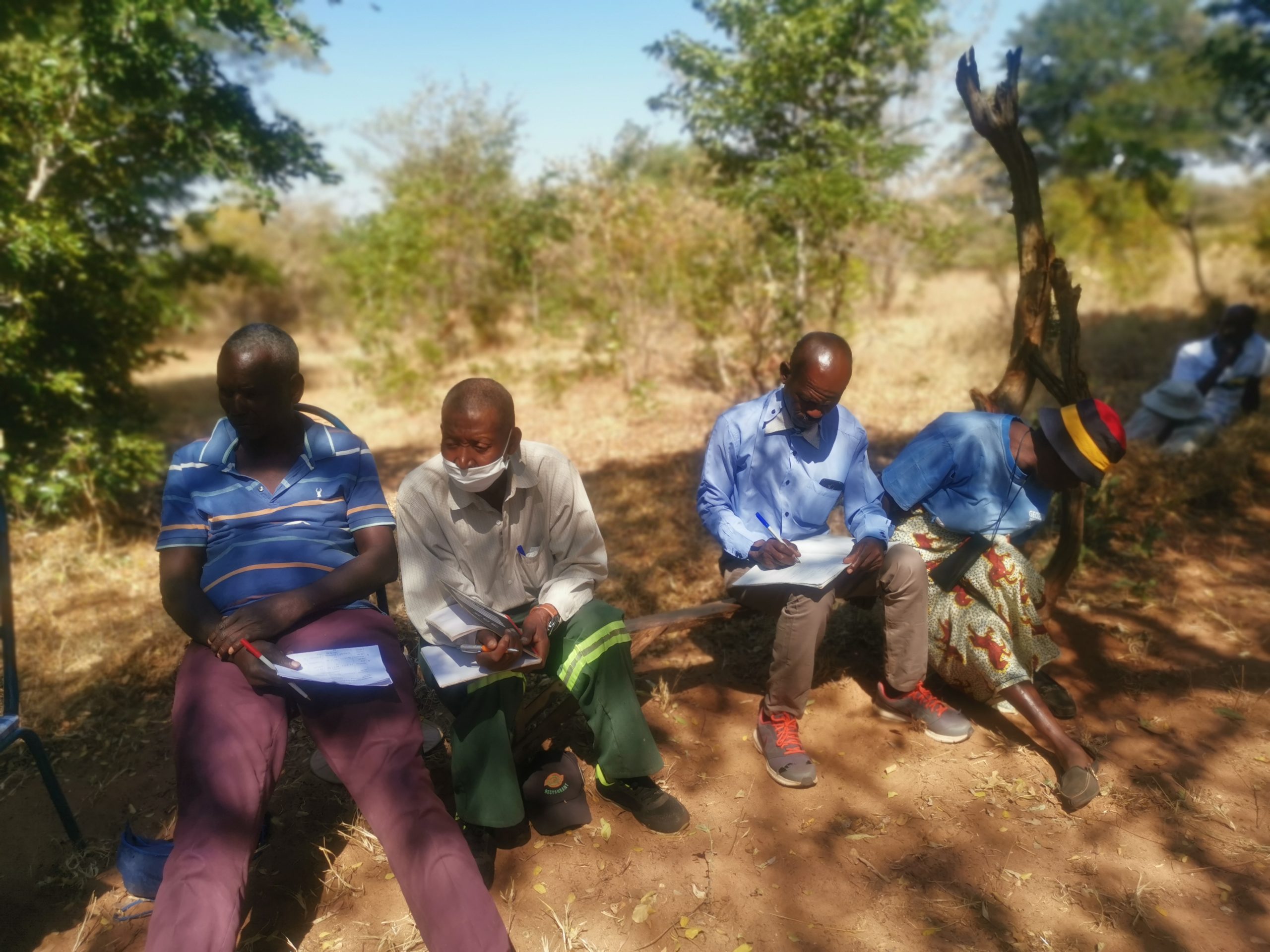
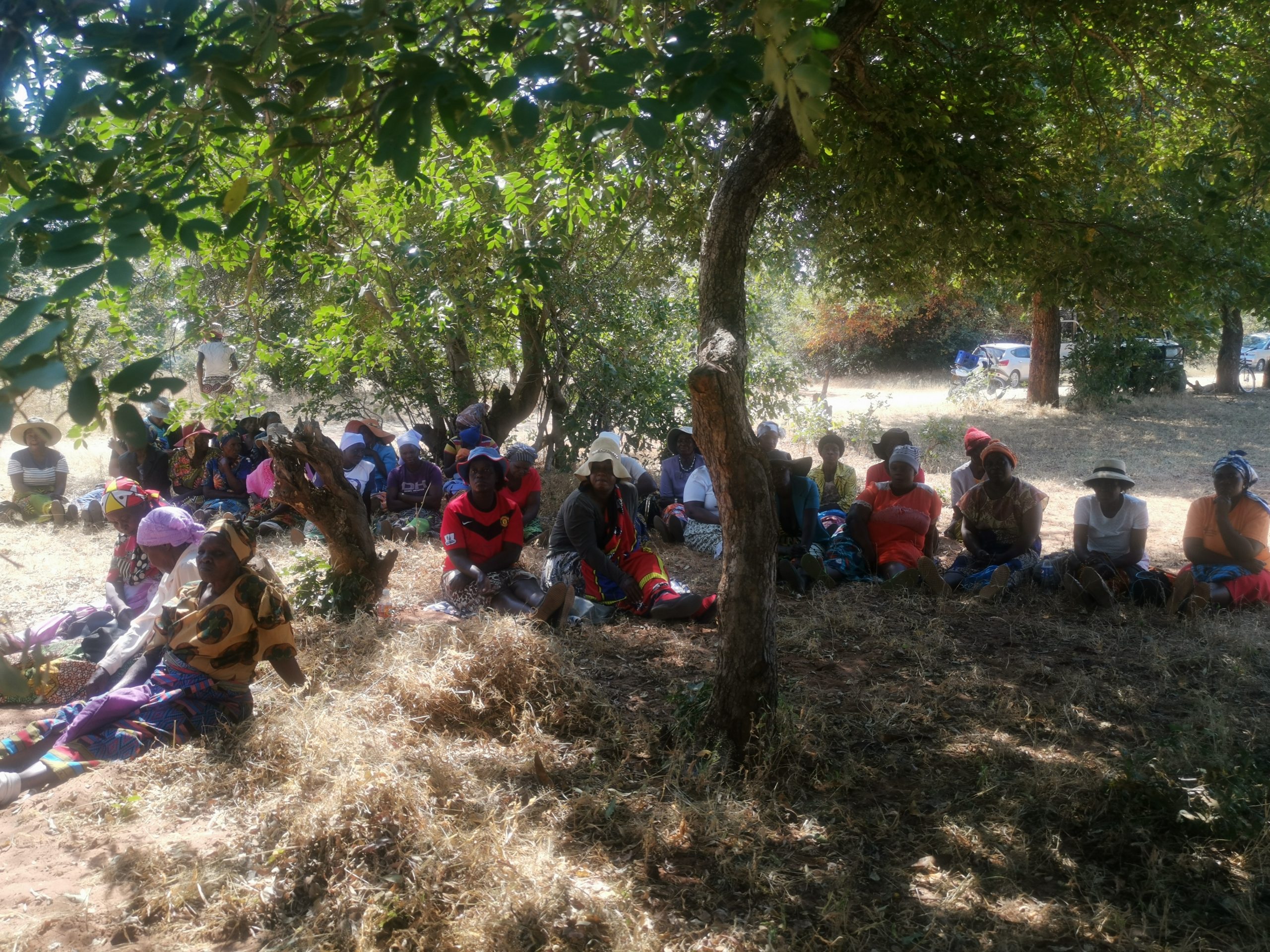
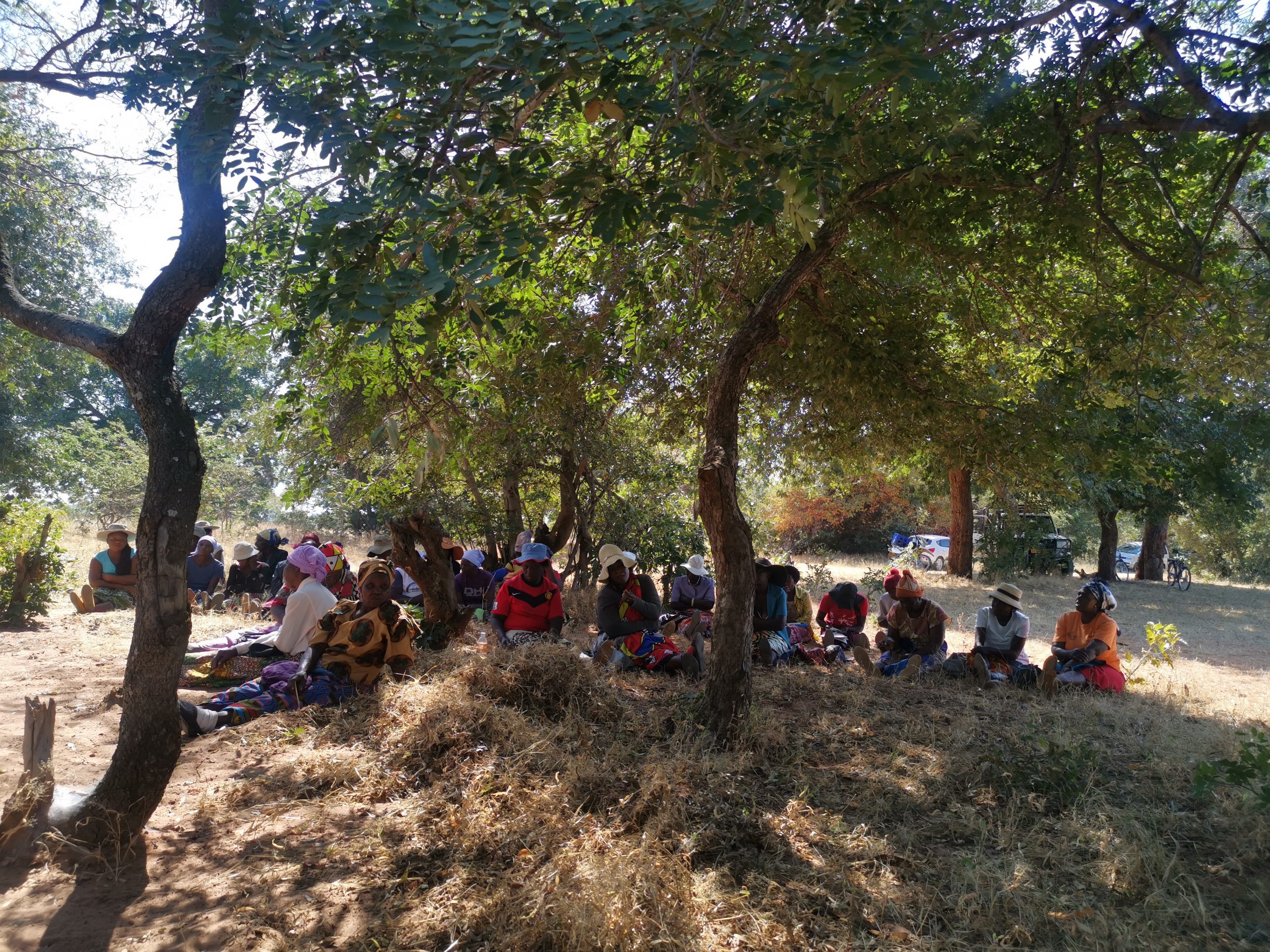
cialis generic reviews
January 31, 2022 at 8:07 pm
I got this website from my friend who told me about this
website and now this time I am visiting this website and
reading very informative articles or reviews here.